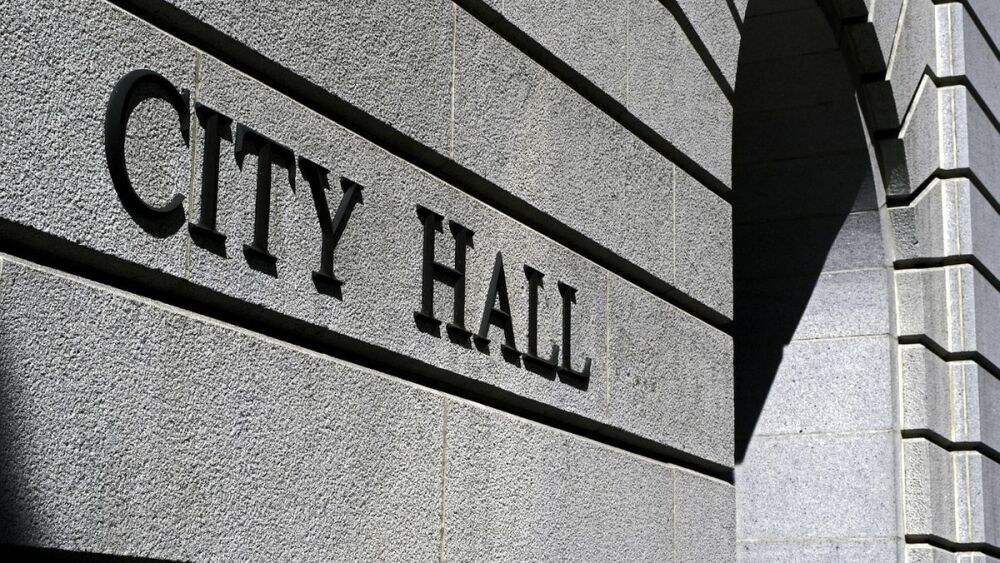By Melissa Jun Rowley
The Toolbox
At its finest, urban development is human-centered -- of the people and for the people. In London, a vast playground of nearly nine million residents, this approach is vital for cultivating smarter, more connected communities, as well as promoting the health and well-being of citizens. By the year 2021, the city’s population is expected to grow by a million. More people means more waste, more pollution, and a more pressing need for efficient public transport, energy, education and healthcare systems.
To encourage digital inclusion and city participation in addressing these issues, London Mayor, Boris Johnson, is promoting The Smart London Plan, a strategy for leveraging technology and creative talent as a means to solve future city challenges. Anything this massive of course requires collaboration.
Driving this sentiment forward, the London-based organization, Future Cities Catapult works with Microsoft and Guide Dogs to unlock the potential of people and their environments through an initiative called Cities Unlocked. Operating at a granular level, this initiative is building solutions of human-centered design to help a group of people whose needs are sometimes overlooked when it comes to amplifying a city’s positive attributes. These people are people with sight loss.
To help humanize the development of their project, the Cities Unlocked team commissioned the Helen Hamlyn Centre at the Royal College of Art to shadow eight people with sight loss as they planned and undertook walking journeys. The discoveries made led the group to focus its attention on the train station as a place that people with sight loss often find overwhelming.
Read full coverage here.


